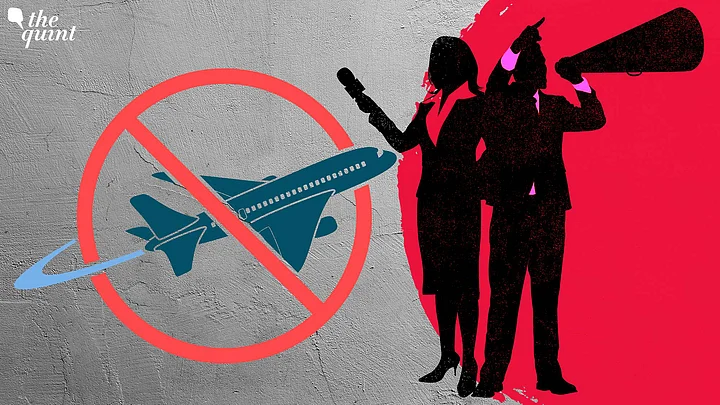The Delhi High Court has said that permission to travel abroad cannot be denied based on the mere suspicion that an accused might not return to India.
'Coercive Measure': Justice Rajnish Bhatnagar, on 9 February, while permitting the accused -- Sandeep Singh Deswal -- to travel to the United States, added that a lookout circular is a 'coercive measure' and cannot be issued in a routine manner “as it may affect the liberty of an accused.”
Note: The government issues an LOC to make sure an individual who is absconding or wanted by law enforcement agencies in connection with a case, is not able to leave the country, according to chapter 25 of the Crime Manual of the Central Bureau of Investigation (CBI).
The judge suspended the lookout circular (LOC) issued against Deswal and said:
“Mere suspicion of accused not returning to India after his travels when the accused has travelled abroad on numerous occasions and has never misused the liberty granted to travel abroad on earlier occasions, in my view, cannot be accepted as the basis for rejecting the present application,” it said.
Why This Matters: The government has faced heavy criticism for issuing an increasing number of travel bans.
As recently as October last year, Kashmiri photojournalist Sana Mattoo, wasn't allowed to travel to the United States to collect the coveted Pulitzer award.
Journalist Rana Ayyub and then Chair of the Board of Amnesty International in India Aakar Patel too had been stopped from leaving the country last year.
The Quint, in a previous piece, had reported on the (il)legality of such travel bans and explained what courts can do to help.
Back to Deswal's Case: Deswal had asked for the LOC to be suspended so that he could travel to USA along with his wife to celebrate their marriage anniversary with their son.
Arguments made in court: His lawyer argued that he had travelled abroad on ten occasions during the ongoing proceedings and had come back to the country every time even after the registration of the FIR. He had also cooperated in the probe against him.
However, the prosecution, in response, contended that they feared that Deswal would misuse the liberty and not return to face the proceedings.
Meanwhile, the court, while granting relief to Deswal noted that the right to travel is a valuable fundamental right and should be curtailed only in exceptional circumstances.
(With inputs from LiveLaw.)
(At The Quint, we question everything. Play an active role in shaping our journalism by becoming a member today.)
